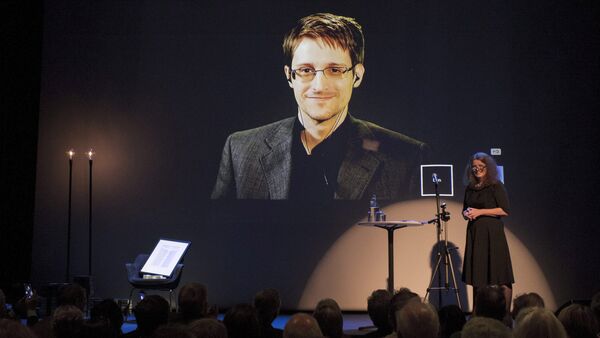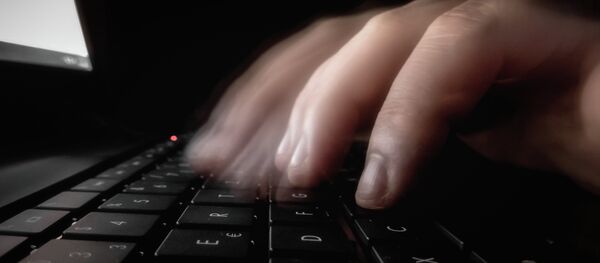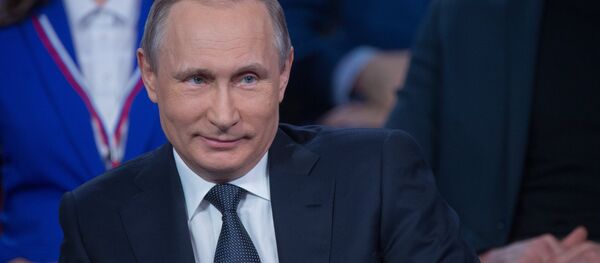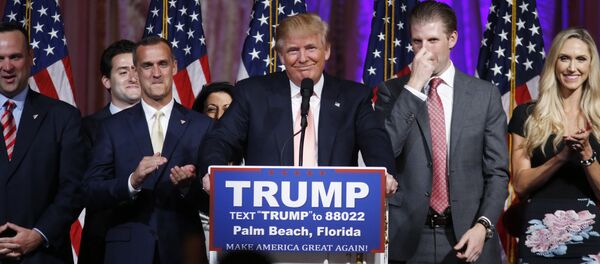Over the weekend, WikiLeaks released a cache of some 20,000 emails from high-ranking members within the Democratic National Committee (DNC). The correspondence has embarrassed party elites, showing an obvious bias against Clinton’s primary opponent Bernie Sanders. The revelations have already forced DNC chair Debbie Wasserman Schultz to step down.
Rather than discuss the content of the emails, the DNC has instead launched a smear campaign against WikiLeaks, and alleged that the organization received the information from hackers hired by the Russian government.
These claims were made without any evidence, and few seem convinced. Among the skeptics is NSA whistleblower Edward Snowden, who points out in a series of tweets that if there was any evidence of Russian involvement, it would be easy to deduce.
— Edward Snowden (@Snowden) July 25, 2016
— Edward Snowden (@Snowden) July 25, 2016
— Edward Snowden (@Snowden) July 25, 2016
— Edward Snowden (@Snowden) July 25, 2016
Blaming Russia for various embarrassments has been a favorite Western tactic for decades, but recent months have seen a dramatic uptick in the policy. In the lead-up to last month’s Brexit referendum, former UK Prime Minister David Cameron suggested that Russian President Vladimir Putin had a vested interest in the result.
"It is worth asking the question: who would be happy if we left [the EU]? Putin might be happy. I suspect [Daesh leader] al-Baghdadi would be happy," he said.
Putin dismissed the allegations.
"Statements made by the UK prime minister, Mr. Cameron, before this plebiscite, before this referendum, on Russia’s stance, have no basis and never had," the Russian president said. "I believe that this is nothing more than a flawed attempt to influence the public opinion in his own country."
Western pundits have also attempted to blame Moscow for the rise of Republican presidential candidate Donald Trump. These claims are based largely on the fact that the billionaire has noted that he respects the Russian president as a leader, and would seek to improve relations between the two countries.
"It’s no secret that the 'demonization of Russia' and all that is connected with Russia, unfortunately, is an essential feature of the US election campaign," Kremlin spokesman Dmitry Peskov said in March. "We always deeply regret it and wish electoral processes would do without such references to our country."
WikiLeaks founder Julian Assange has also come under attack for the fresh email leak, criticized for focusing on Democrats. But in an interview with Democracy Now, Assange made clear that he has little appreciation for either major US presidential candidate.
"Well, you’re asking me, do I prefer cholera or gonorrhea?" he said. "Personally, I would prefer neither."





